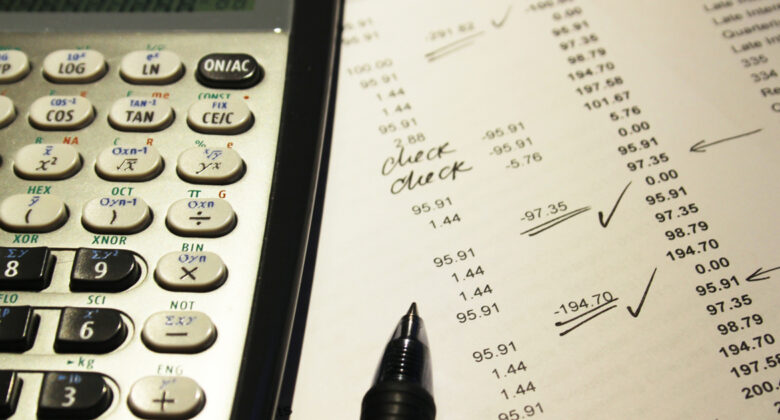Did you take out a Paycheck Protection Program (PPP) loan for your business? Here are some reminders about a few factors related to your PPP loan and forgiveness to make sure you don’t run into any issues.
First, while the forgiveness amount is not taxable income, as of right now the IRS has determined that any expenses that you paid with the forgiven funds are not deductible expenses for tax return purposes. While it is very likely that Congress will correct this, you should consider talking to your accountant or tax preparer about the possible implications for your business so you aren’t surprised later.
Second, remember that the Covered Period for PPP cannot extend beyond 12/31/2020. If you have not already completed your covered period and/or expended all funds, they must be utilized by year end to be eligible for forgiveness.
Third, you must apply for forgiveness no later than 10 months after the end of your covered period to avoid the loan going into repayment. Even if you are in the streamlined group that received less than $50,000, you still need to fill out an application form. You should work with your accountant and lender to complete the forgiveness application and to determine the best time to apply if you have not already.
More details on these points and additional links to resources: https://www.uschamber.com/co/run/business-financing/getting-ppp-loan-forgiven
And, of course the direct source of information is the SBA: https://www.sba.gov/funding-programs/loans/coronavirus-relief-options/paycheck-protection-program and your lender.
Dan Rickman, Deputy Director of the U.S. Small Business Administration (SBA), joined us on “Today’s FAQ for Businesses to discuss the potential tax implications of PPP:





